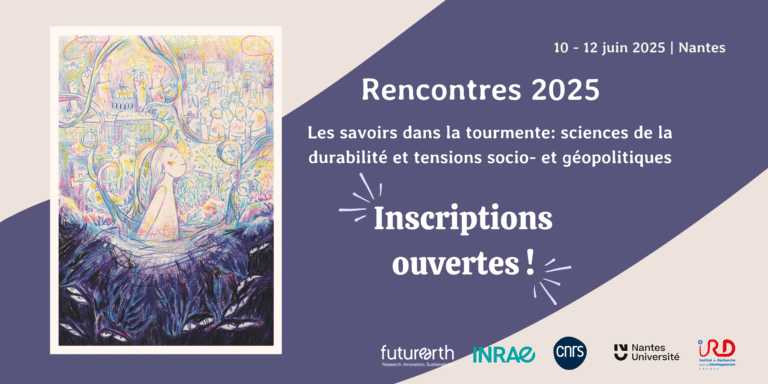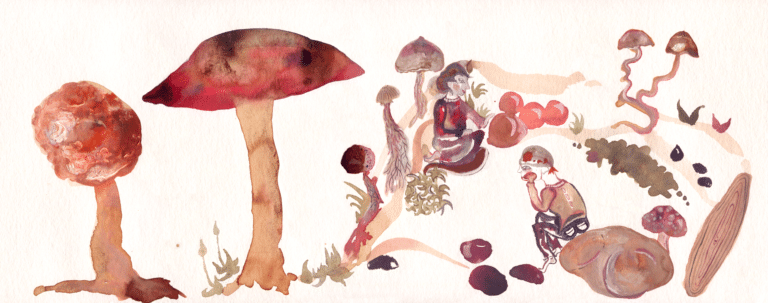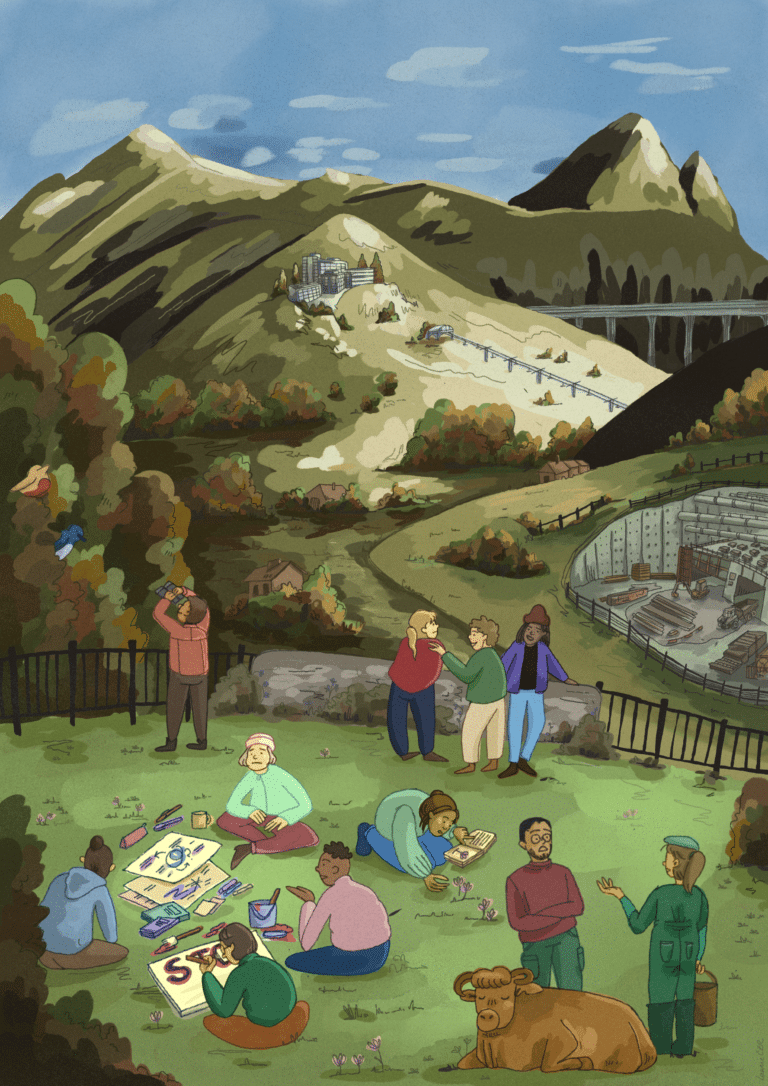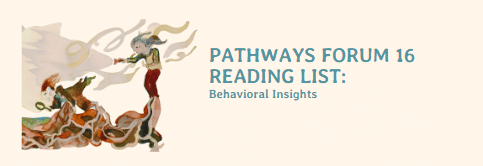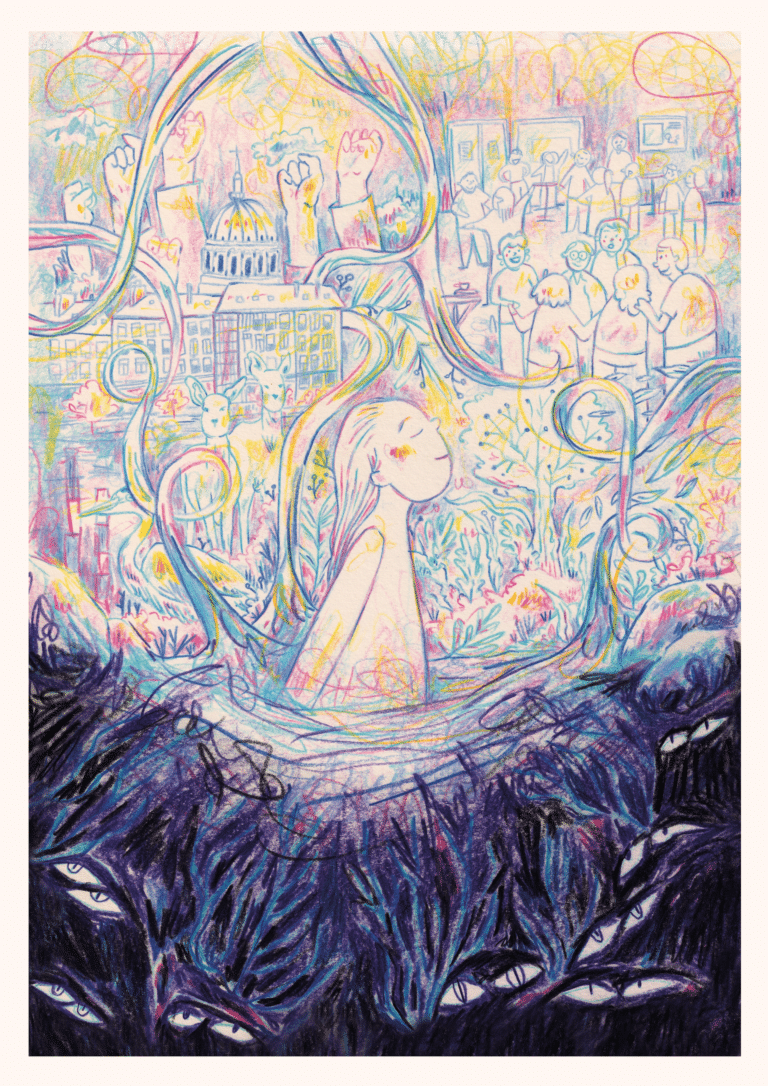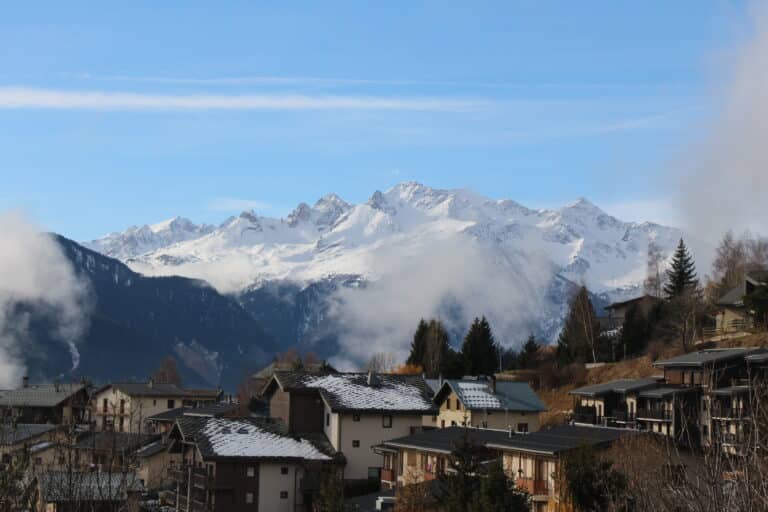Following Call 5 of the Pathways Communication Grant (September – December 2024), we have the pleasure of sharing the three new projects that were selected for funding this year!
Pathways of ecocentric learning. A play to grow children’s relationship with nature
Led by Matteo Giusti, University of Surrey.
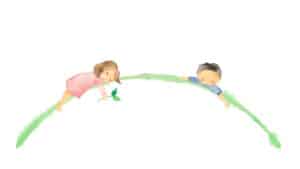
The BeNature framework is the latest output of several years of research into practical educational pathways to ecocentric worldviews. It combines academic evidence, professional expertise, and Indigenous wisdom. This framework provides a list of attributes that characterize nature experiences that promote human-nature relations.
The idea behind this communication project is that while grounded in sustainability science, transformational learning is rarely fun. Together with Voice for Nature, they wish to transform this transdisciplinary framework for designing and evaluating sustainable relationships with nature into a theatrical experience for primary school children.
During this project, they will write the script, co-create and perform the play with a school partner and record the performance. Everything – the script, instructions, and videos – will be made freely available and shared across social media!
URBAN CIRCULAR COMMUNITIES An Interactive Toolkit and Pattern Language for Collective Action
Led by Tamara Egger, Delft University of Technology

This project is based on the interdisciplinary PhD study on Circular Urban Commons and practice research of the Circular Communities Foundation. In this work, Tamara Egger and her colleagues studied how communities self-organize shared resources in circular manners by examining 16 different case studies. The communication project will relate the findings of this research!
Urban Circular Communities is a digital, interactive toolkit designed to inspire circular communities – and those in becoming – in their collective circular actions. It’s for citizens, activists, spatial professionals, and public servants who want to live and work with care for people, the environment, and materials—avoiding waste and extraction.
The toolkit will feature : a global case study catalog, a pattern language of practical strategies, and a short film. It fosters community-to-community knowledge exchange – sharing what works, what challenges arise, and how to act. Explore, connect, and spark circular collective change in your city!
Photo taken by Tamera Egger.
WAHA
Led by Fatma Zahra Rostom, CIRAD UMR ART-Dev
Illustrator: Asma Bennani
Scientific team: Fatma Zahra Rostom, Hala Belghith
Associated project: RAḤABA (MSH Sud)
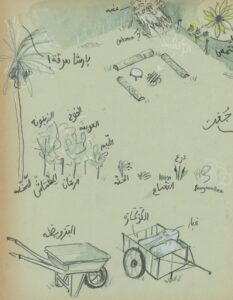
The region of Gabès (south Tunisia) includes the largest group of coastal oases in the Mediterranean, forming biodiverse socio-ecosystems built on traditional and innovative agroecological practices. This landscape, key in the inhabitants’ ability to adapt to climate change, is at threat as agricultural activities compete with urbanization and polluting industries, and do not offer sufficient income and perspectives to the youth. But farmers still maintain the oasis (waḥa in Tunisian Arabic) by sustaining and developing remarkably rich knowledge, in particular in the village of Chenini.
The WAḤA project aims to communicate part of this knowledge to the Tunisian public, especially to the young one, in a synthetic and attractive manner. The illustrated book designed will present images and diagrams of the oasis environment skillfully captured by a playful drawing, complemented by explanations in Tunisian Arabic.
Practical exercises will be added to offer a fun guide to experience farming. With this book, the young (and older!) public would (re)discover the words and underlying practices of the oasis, raising awareness on the wealth and risks of this socio-ecosystem and giving precious reference on how to practice by themselves.
Illustration by Asma Bennani (Oasis Days artist residency 2024)
You can find information about other previously completed communication products by clicking here. You can also follow our Newsletter to be informed of our next call for proposals, if funding allows !
The Pathways Communication Grants Program seeks to ensure that scientific contributions supporting the development of pathways for sustainability reach relevant audiences beyond the scientific community. To promote wider uptake and understanding of pathways for sustainability, the grant supports the dissemination of scientific findings of place-based research projects via innovative formats and practices. For more information about this grant, you can visit this page.
